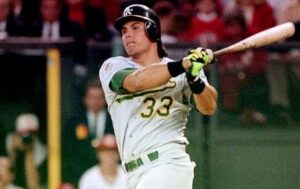Discovery bands excel in Orlando
“We entered four categories and earned a superior rating in all four events,” director of bands Johnny Nash said.
More than 5,000 students participated from middle and high school bands and choruses in 26 instrumental ensembles and 27 choral groups.
“Students worked hard and sacrificed to make this happen. They doubled their rehearsal schedule,” Nash said. “I always ask them, ‘How good can you be by the end of the year?’ With these scores, they proved they can be the best.”
The wind ensemble performed “Windjammer” by Robert Buckley, which “depicts the voyage of a tall masted schooner,” Nash said. “‘By the Rivers of Babylon’ by Ed Huckeby takes the listener through varied sounds of an ancient river and what happens along its ever-changing banks.”
Only one high school band outscored the Discovery Wind Ensemble — by only .7 of a point. Judges told Nash that Discovery’s performance was “the highlight of the competition day.”
Jazz and concert bands captured “Best in Class” and received Golden Mickey awards, signifying the top three scores of that class for an event. With one exception, Discovery Marching Band outscored all high schools. Jazz musicians performed “Stinky’s Revenge” by Dallas Burke, “Walkin’ with Jackie” by Rob Vuono and “Dance Like No One’s Watchin'” by Paul Clark.
Out-drumming all high schools, Discovery captured “Most Outstanding Percussion.” Flag corps and percussion ensemble received all superior ratings.
“We also entered a concert percussion ensemble (that) received a superior rating,” Nash said. Keith Anderson arranged this group’s music, “For Those About To Rock,” with charts by Journey, Styx, Kansas and Chicago.
In parade competition, Discovery earned superiors for band, color guard, percussion and drum majors, along with the top score for drumline.
Judges were Dr. George Brozak, Southern Illinois University; Dr. Keith Bearden, Texas A & M University; and Dr. Rufus Jones, Georgetown University.
Discovery’s “behavior and manners earned high accolades from perfect strangers everywhere we went,” Nash said. “We’ve often been called ‘A Class Act.'”

















